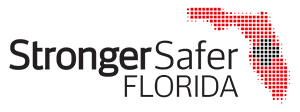
In a recent article published in the Insurance Journal, Lisa Miller lays out her case for how Florida’s Flood Insurance model could be a solution for the rest of the country. [Read more…] about How Florida’s Flood Insurance Model Could Work Nationwide
